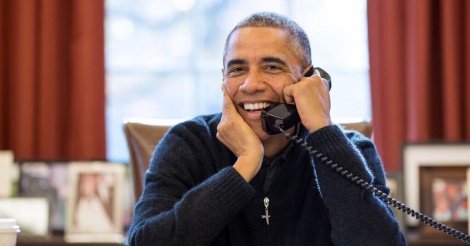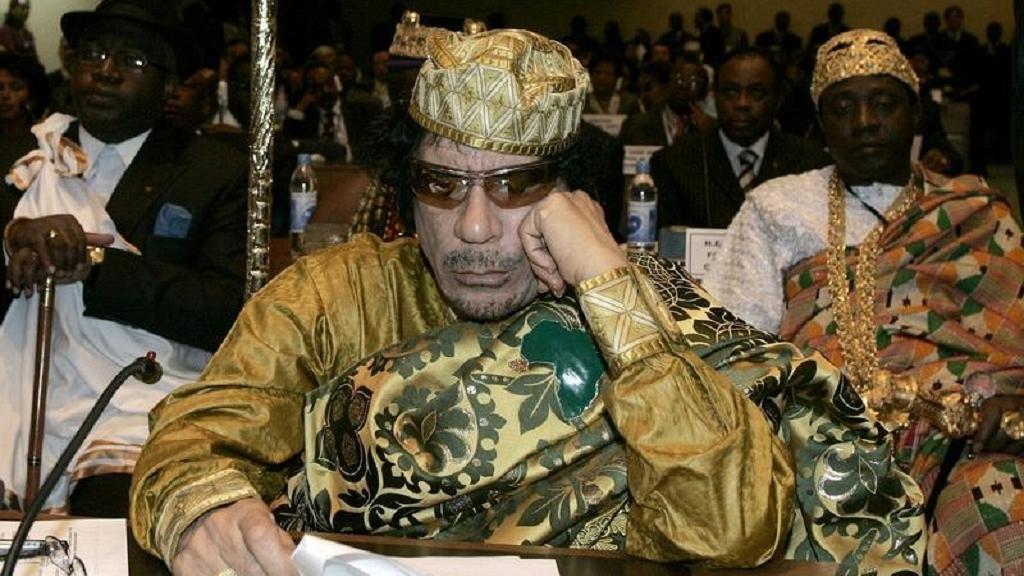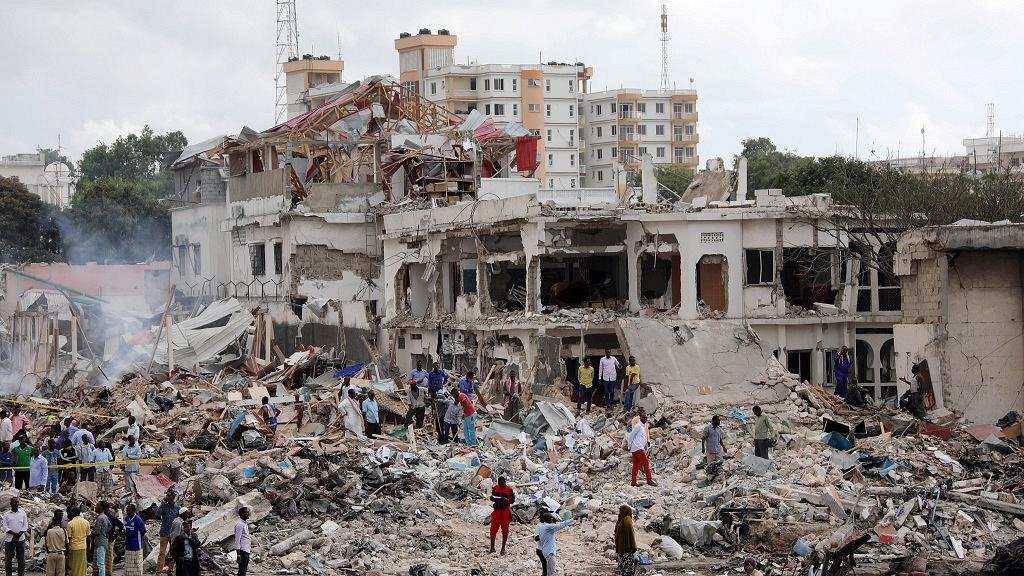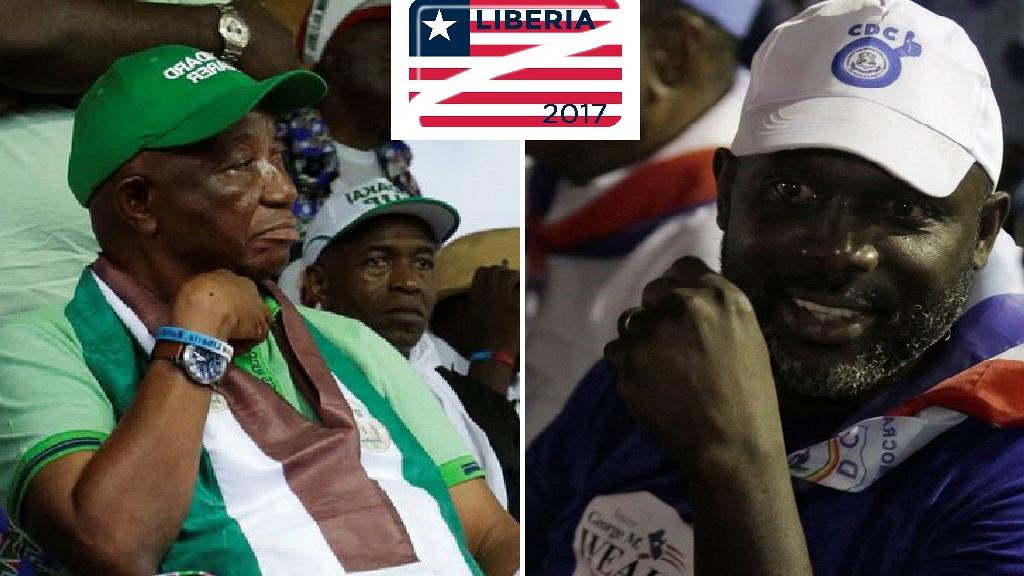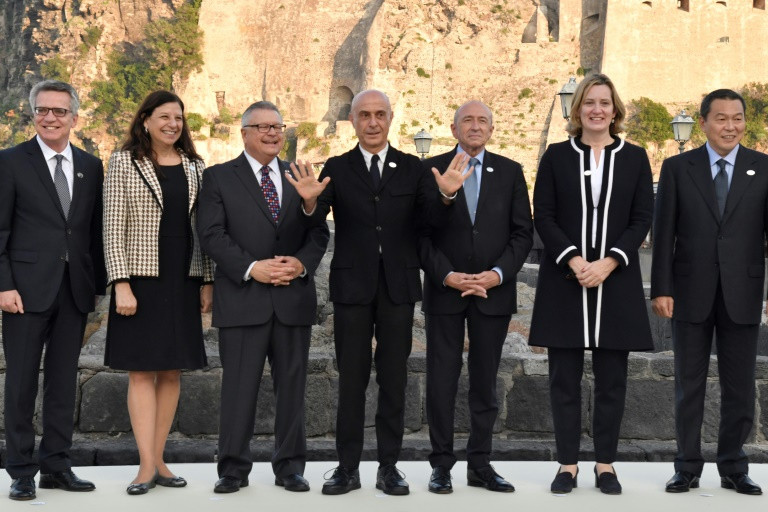Obama et Bush critiquent Donald Trump
Les anciens présidents américains, Barack Obama et George W Bush, ont émis leurs inquiétudes concernant le climat politique actuel aux Etats-Unis.
Les Américains doivent envoyer un message au monde en rejetant une politique de division, une politique de peur. Nous ne pouvons pas avoir encore les vieilles politiques de division que nous avions il y a des siècles. La politique actuelle... on croyait en avoir fini il y a longtemps... Les gens ont 50 ans de retard ! On est au 21eme siècle, pas au 19eme
Barack Obama, Ancien président des Etats-Unis
M. Obama a appelé les américains à rejeter la politique de "division" et de peur alors M. Bush a critiqué "le harcèlement et le préjudice" dans la vie publique.
Les deux présidents se sont exprimés séparément et n'ont en aucun moment cité le nom de Donald Trump qui n'a pas encore réagi à ces critiques.
Traditionnellement, les anciens présidents américains ne font pas de commentaires publics sur leurs successeurs.
En quittant la Maison Blanche, Barack Obama avait promis de respecter ''pour un temps'' cette courtoisie vis-à-vis de M. Trump comme M. Bush l'avait fait pour lui.
Image captionTraditionnellement, les anciens présidents américains ne font pas de commentaires publics sur leurs successeurs.
Il a brisé le silence au New Jersey pour s'exprimer sur la volonté de Donald Trump de faire abroger l'Obamacare, sur "son projet controversé d'interdiction de voyage" visant majoritairement des pays musulmans et sur le retrait américain des Accords de Paris sur le Climat.
A New York, George Bush a déploré la dégradation du discours par la cruauté banalisée.
A certains moments, on a l'impression que les forces qui nous divisent sont plus fortes que celles qui nous unissent. Nos débats se détériorent à l'aune d'une cruauté nonchalante Georges Bush, Ancien Président des Etats-Unis
"Nous avons vu le nationalisme se dénaturer en nativisme, et nous avons oublié le dynamisme que l'immigration a toujours apporté à l'Amérique. Nous perdons confiance dans l'économie de marché et le commerce international, en oubliant que les conflits, l'instabilité et la pauvreté sont les conséquences du protectionnisme"
Selon Georges Bush, l'Amérique observe le retour des idées isolationnistes, en oubliant que la sécurité de l'Amérique est menacée par le chaos et le désespoir frappant des lieux distants où terrorisme et épidémies, gangs et trafics de drogue tendent à émerger".
Auteur: bbc - BBC-Afrique

